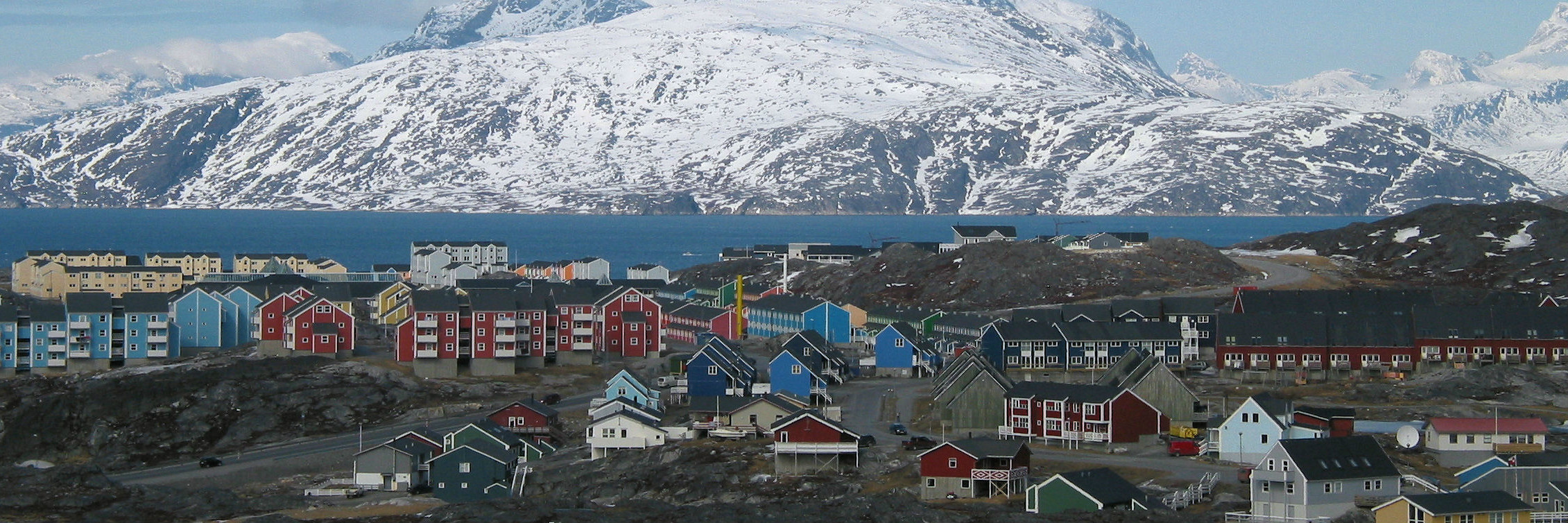A majority of Greenlanders support independence

Support for Greenlandic independence is strongest among the country’s older generations, according to an HS Analyse poll carried out for Sermitsiaq, a Greenlandic newspaper published by Arctic Journal’s parent company, taken in the weeks after the new coalition government made the issue one of its priorities.
Overall, Greenland’s independence movement has the support of a solid majority of voters, but the share of those expressing certainty about their belief that the country should be an independent state declined with the age of those responding.
[An ‘ever looser union’: the slow separation of Greenland and Denmark]
The poll, which asked voters how important it was that Greenland became an independent state, found that 64 percent of respondents answered “very important” or “somewhat important.” Twenty-four percent felt it was unimportant to some degree, while 12 percent were undecided.
The share of those finding independence important was highest amongst adults, with those aged 60-69 most in favour, at 70 percent, with only 7 percent of the age group undecided.
At 65 percent, the share of those supporting fell somewhat for voters in the 70+ age bracket, but here the number of undecideds was lowest, at just 5 percent.
A majority in all age brackets felt independence was important, but the share declined with age, as did the number of those who said they were undecided about the issue.
[Is it time for Greenland to have its own Arctic strategy?]
Independence was least important for the 18-29 group, the youngest involved in the survey. Some 56 percent of voters here reported that independence was important, but fully 29 percent were undecided, two percentage points higher than the number of those who felt independence was “very important” and the same proportion as those answering it was “important.”
When broken down along party lines, more than 70 percent of voters saying they supported one of the three parties making up the governing coalition said they also felt independence was important to some degree.
The poll comes on the heels of a decision by the coalition government, which took office on October 27, to create a cabinet position for an independence minister, and to begin work on drawing up a constitution that could be used in the event Greenland declares itself independent.
As part of her duties as independence minister, Suka K Frederiksen met last week with officials from the Faroe Islands to discuss whether Greenland could learn something from that country’s own ongoing independence movement from Denmark.
Perhaps: a poll taken in the Faroe Islands and published on December 2 found that 48 percent of that country’s voters were opposed to independence, if it also meant losing its annual 640 million kroner ($92 million) subsidy from Denmark.
The Greenlandic poll did not include a similar question, but doing so might have made a difference: Nuuk receives 3.5 billion kroner annually from Copenhagen, amounting to more than 20 percent of the country’s GDP in 2015.